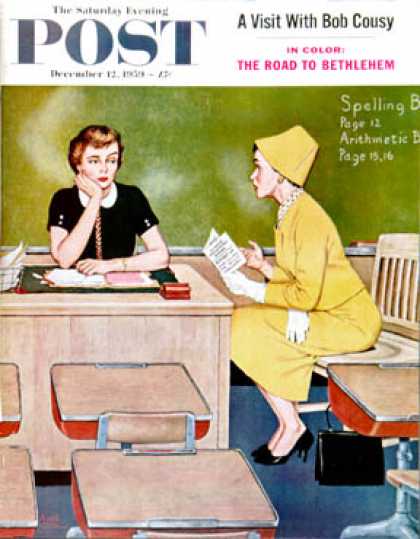zest, grit, self-control, social intelligence, gratitude, optimism, & curiosity
Thursday, October 20th, 2011one a weekday morning in 2005, university of pennsylvania psychology professor martin seligman was fortuitously double booked. his contribution to the positive psychology movement had caught the attention of dominic randolph, headmaster of one of new york city’s most prestigious private schools. it had also attracted the company of a pioneer on the other side of the educational spectrum: david levin, co-founder of KIPP charter schools, which exist to “prepare students in underserved communities for college and life” (KIPP website).
seligman combined the meetings. and just for fun, he invited his colleague christopher peterson. the two had just finished co-writing character strengths and virtues: a handbook and classification. the discussion between the four men was an explosion of creativity. randolph and levin found exactly what they didn’t know they were looking for: a breakdown of character strengths thought to produce happiness and success in a variety of cultures.
they found themselves wrestling with questions that have long confounded not just educators but anyone trying to nurture a thriving child or simply live a good life. what is good character? …which qualities matter most for a child who is trying to negotiate his way to a successful and autonomous adulthood? and are the answers to those questions the same in harlem and in riverdale (what if the secret to success is failure, paul tough, nytimes)?
the four worked together in the months that followed to develop a list of character strengths that proved to be even more related to report card grades than students’ IQs. levin points out that the list is not
a finger-wagging guilt trip about good values and appropriate behavior but [rather] a recipe for a successful and happy life (tough, NY times).
so randolph and levin, and those in their increasing realms of influence, began identifying, assessing, and inculcating the following character strengths in their students:
zest
grit
self-control
social intelligence
gratitude
optimism
curiosity
students at levin’s KIPP schools now receive character and academic report cards. newly developed assessment scales for qualities such as grit are routinely used to quantify and improve character markers of success. KIPP students are graduating from college at an increasing rate.
at randolph’s school, the emphasis on character is more subtle. he explains,
i don’t want to come up with a metric around character that could be gamed. i would hate it if that’s where we ended up (tough, NY times).
but it’s randolph’s take on character education that speaks most to me, an upper middle class parent, raising two upper middle class children, in an upper middle class environment that is all about minimizing kids’ suffering and maximizing their success.
faculty at randolph’s school relay that many of their students’ parents hold their children to high standards of performance while they protect their kids from the kinds of hardships that lead to grit, self-control, gratitude, etc. (tough, NY times). sheltered students are deprived of the kind of learning that happens through risk and failure. tough writes,
it is a central paradox of contemporary parenting… we have an acute, almost biological impulse to provide for our children, to give them everything they want and need, to protect them from dangers and discomforts both large and small. and yet we all know — on some level, at least — that what kids need more than anything is a little hardship: some challenge, some deprivation that they can overcome, even if just to prove to themselves that they can.
i’m not sure what this philosophy will look like as i try to put the proper amount of scaffolding in place around my monkey and bird, who are at once rambunctious and sensitive, privileged, and not immune to life’s limits. but perhaps my less-than-perfect parenting will prepare my kids for their less-than-perfect bosses, their less-than-perfect partners, their less-than-perfect surroundings, and their not-yet-realized dreams. what characteristics lead to a successful and happy life? if the answer to this question is the same in harlem and in riverdale, maybe it is the same for my children as it is for me.














